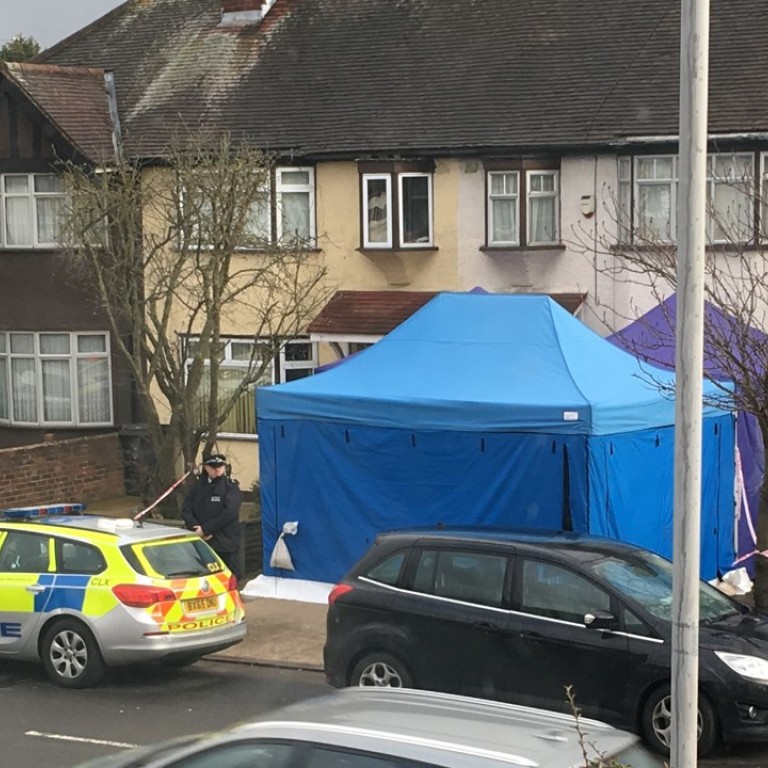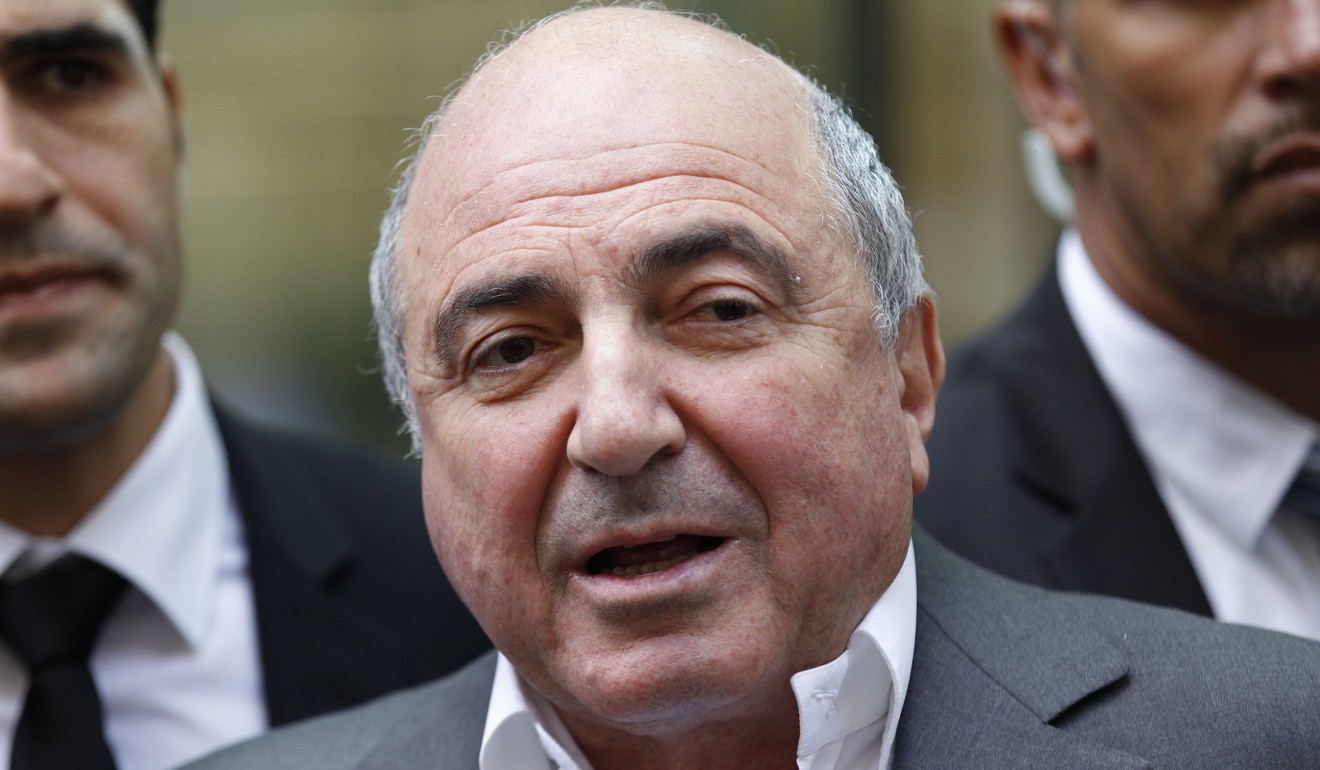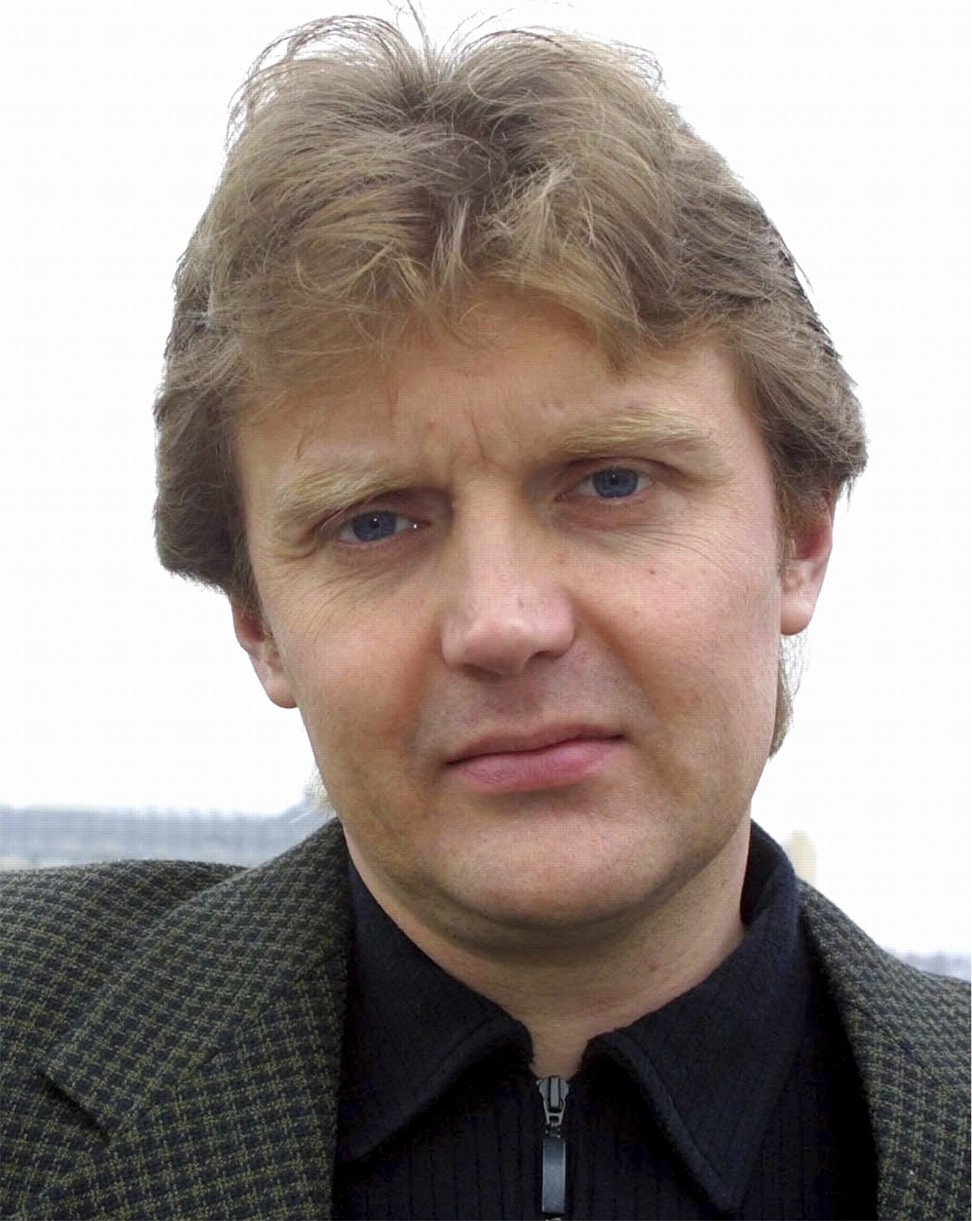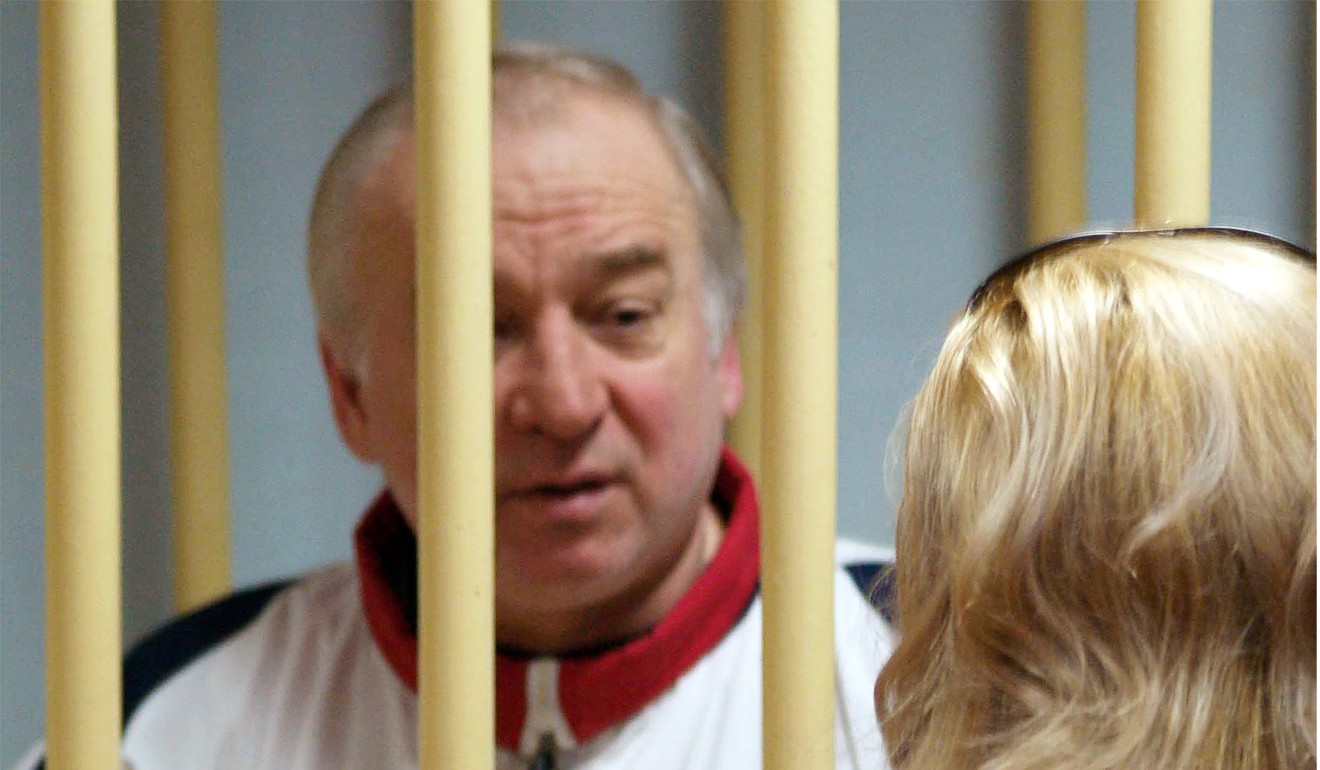
Mystery deepens as Russian exile Nikolai Glushkov turns up dead in London
Glushkov, found dead from unexplained causes in his home, was a friend of Kremlin critic Boris Berezovsky, whose 2013 hanging also remains unexplained
The unexplained death of a Russian man in the UK is being investigated by London’s counterterrorism police, 10 days after former Russian spy Sergei Skripal was poisoned with a nerve agent in the country.
Nikolai Glushkov, a prominent businessman whose associates include a prominent critic of the Kremlin who died in 2013, was found dead in his home on Tuesday, according to his lawyer, Andrei Borovkov.
Reports in British and Russian media say Glushkov, who was 68, was found dead at his home in New Malden, southwest London, by his family and friends.
One of his friends, the newspaper editor Damian Kudryavtsev, posted the news on his Facebook page.
Glushkov was a friend of Boris Berezovsky, a Russian oligarch who was found hanged in his London home in 2013. An inquest failed to determine whether he had killed himself or died from foul play.
London’s Metropolitan Police force confirmed that officers are investigating the “unexplained” death of a man found at a house in the New Malden late on Monday, but did not identify him by name.
It said counterterrorism detectives are leading the investigation “as a precaution because of associations that the man is believed to have had.”
In the 1990s, Glushkov worked for the state airline Aeroflot and Berezovsky’s LogoVAZ car company. In 1999, as Berezovsky fell out with Vladimir Putin and fled to the UK, Glushkov was charged with money-laundering and fraud. He spent five years in jail and was freed in 2004.
In recent years Glushkov had lived in London, where he received political asylum. In 2011, he gave evidence at the court case brought by Berezovsky against fellow oligarch Roman Abramovich, who remained on good terms with the Kremlin.
Glushkov told the court he had effectively been taken “hostage” by Putin’s administration, which wanted to pressure Berezovsky to sell his television station ORT.

Berezovsky accused Abramovich of cheating him out of US$5 billion and claimed they had been partners in the 1990s in an oil firm, Sibneft. Abramovich denied this.
The judge, Mrs Justice Gloster, rejected the claim and described Berezovsky as “deliberately dishonest”.
Glushkov was deeply unhappy with the judgment and launched a formal appeal, citing “bias”. Meanwhile, Berezovsky disappeared from public life.
In March 2013, he was found dead at his ex-wife’s home in Berkshire. Police believe he committed suicide. His friends were not so certain, with a coroner recording an open verdict.
Speaking to The Guardian at the time, Glushkov said he was extremely sceptical that Berezovsky who was found hanged in a bathroom had died of natural causes.
“I’m definite Boris was killed. I have quite different information from what is being published in the media,” he said.

He noted that a large number of Russian exiles including Berezovsky, and Berezovsky’s close friend Alexander Litvinenko, had died under mysterious circumstances.
“Boris was strangled. Either he did it himself or with the help of someone. [But] I don’t believe it was suicide,” Glushkov said.
“Too many deaths [of Russian émigrés] have been happening.”
Glushkov continued to investigate the circumstances surrounding Berezovsky’s death for some months. He conceded that in the period before his death they had quarrelled. In 2013 Glushkov emailed a friend: “I have a lot of new facts that are of great interest.”
Glushkov has two grown-up children, Natasha and Dima, and an ex-wife who lives in Moscow. It is understood that he had split in recent years from a partner. Natasha is believed to live in the UK.
In 2017, during a trial in absentia in Russia, Glushkov was sentenced to eight years in prison for stealing US$123 million from the company.
The London Metropolitan police said there is no evidence to suggest a link to the poisoning of former spy Skripal and his 33-year-old daughter Yulia on March 4.
Russia claims ‘not guilty’ in ex-spy poisoning
They were found in Salisbury, around two and a half hours from London. They had been dosed with a military-grade nerve agent, UK Prime Minister Theresa May said on Thursday.
Earlier on Tuesday, Britain’s representative to the global chemical weapons watchdog the Executive Council of the Organisation for the Prohibition of Chemical Weapons (OPCW), Peter Wilson, lambasted Russia.

Wilson said Russia has “failed for many years to declare chemical weapons development programmes which date from the 1970s” and that London has demanded that Moscow now “come clean”.
Wilson also refuted a claim by Russian Foreign Minister Sergey Lavrov that Britain would be breaching the treaty that outlaws chemical weapons if it refuses to share with Moscow samples of the nerve agent.
Britain has given Russia until midnight on Tuesday to explain how a Russian-made nerve agent came to be used in an English city, or face retaliatory measures.
The Russian Foreign Ministry, meanwhile, says it has handed the British ambassador a note of protest regarding the accusations, calling them “baseless”, “provocative” and “another unscrupulous attempt of the British authorities to discredit Russia.”


